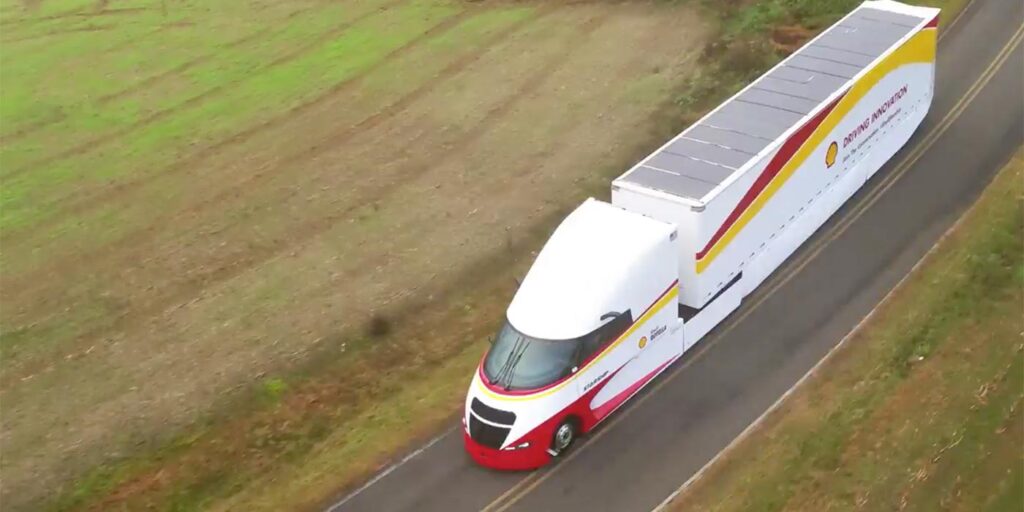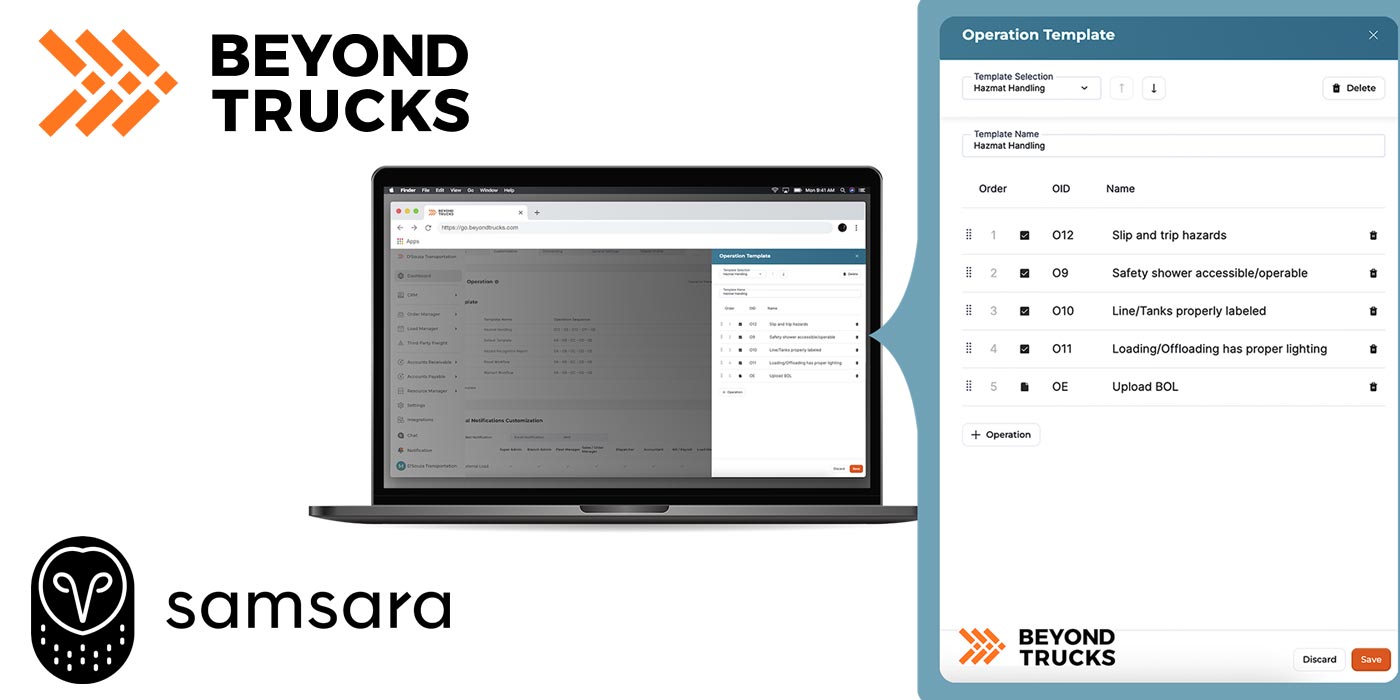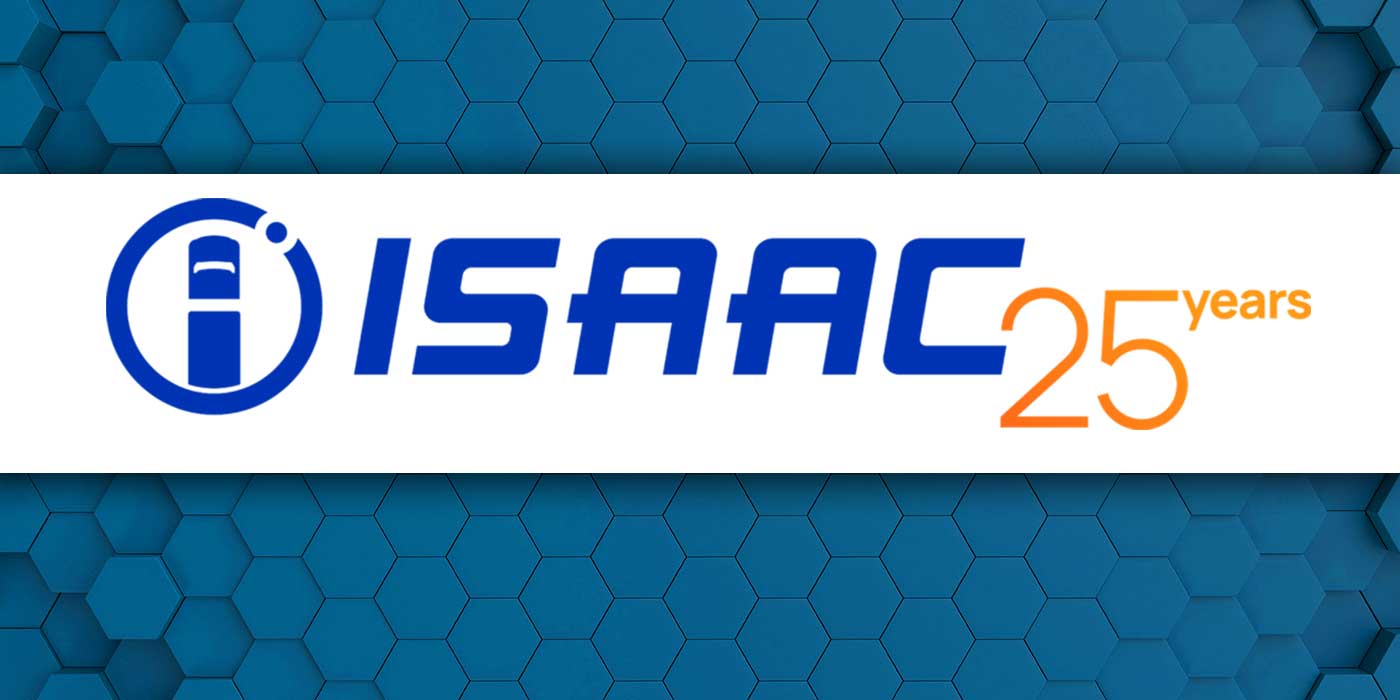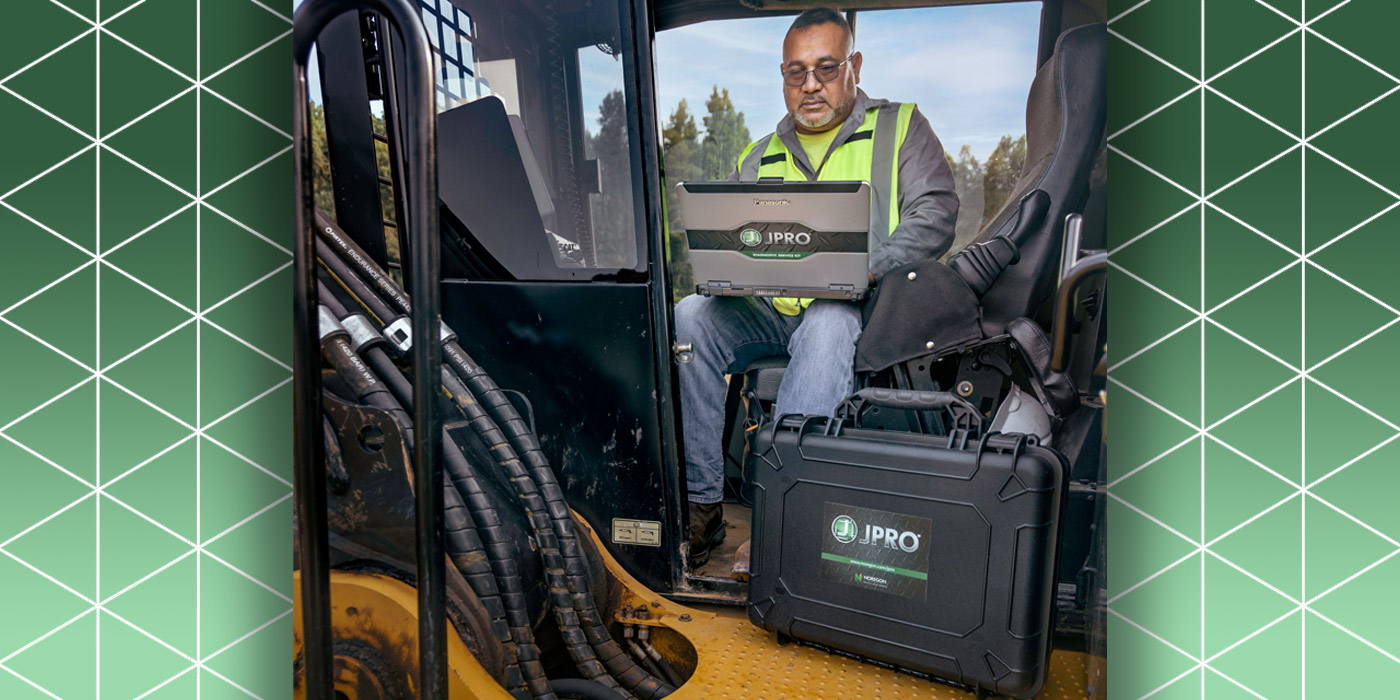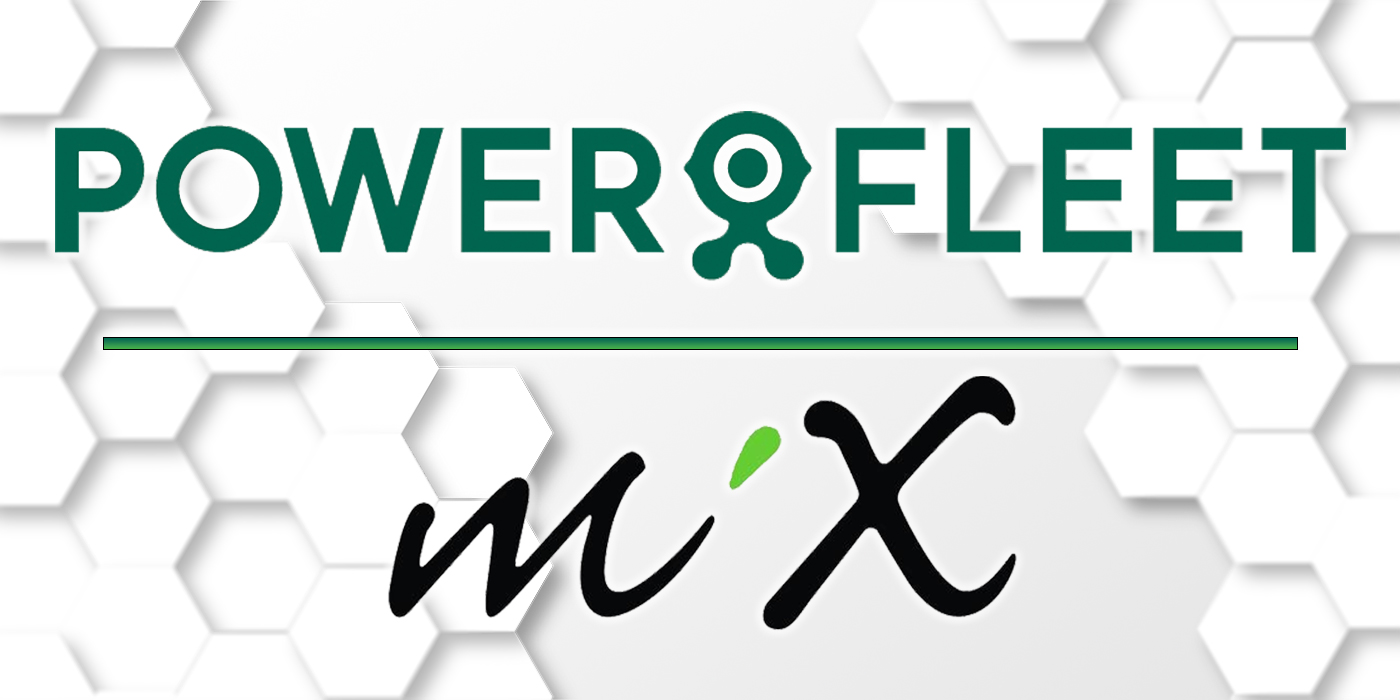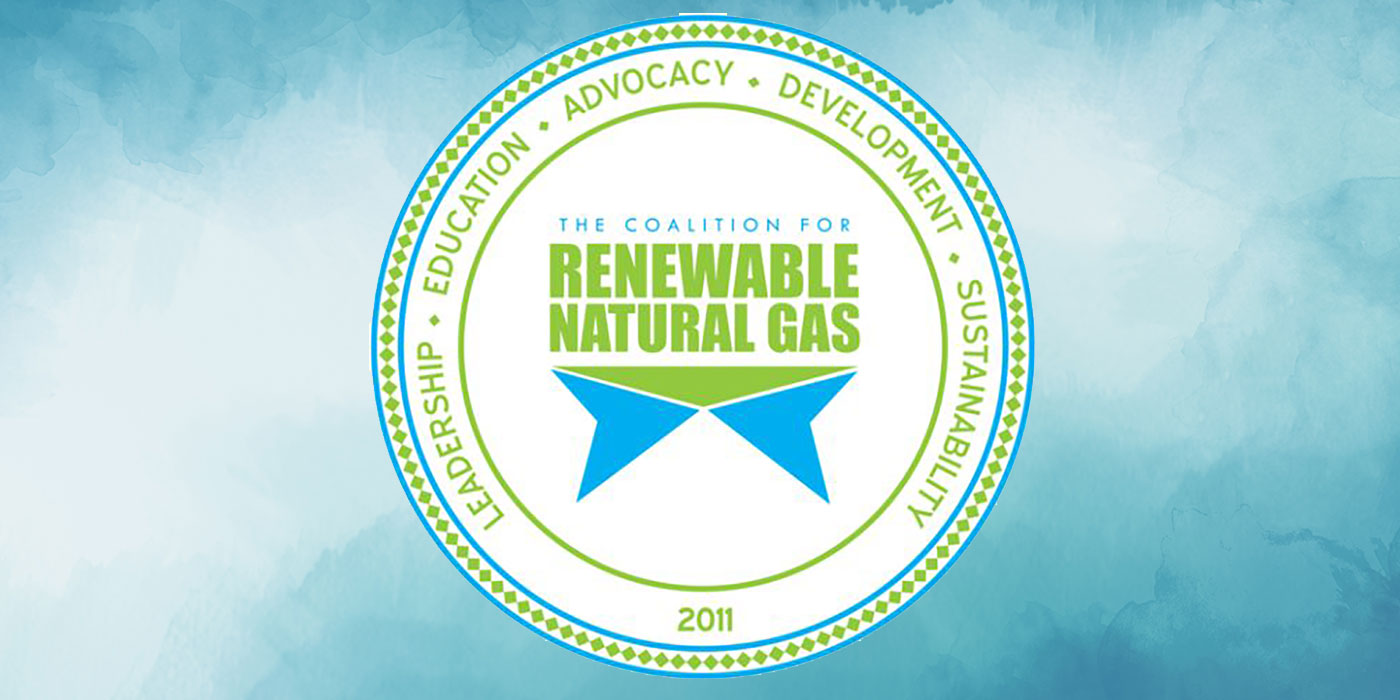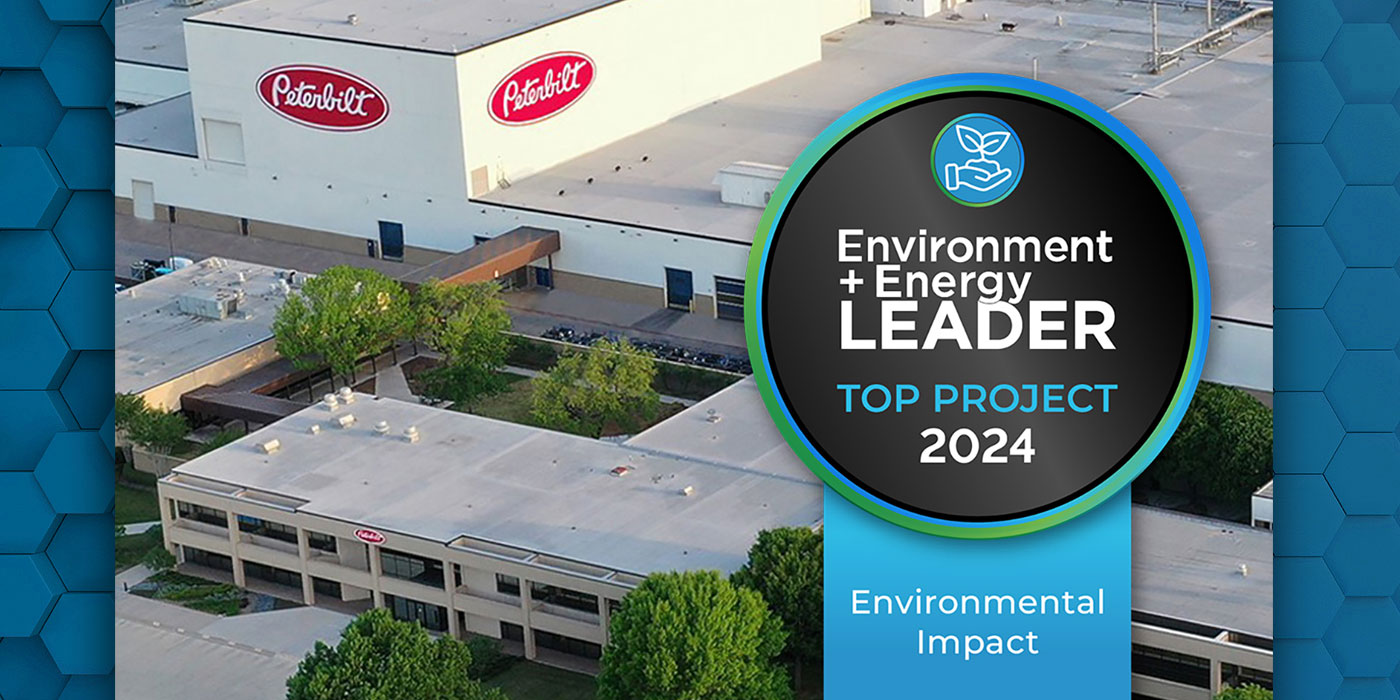In May, Shell Lubricants will launch Starship 2.0 to demonstrate how Class 8 truck sector energy usage can be reduced by harnessing currently available energy-efficient technologies as we accelerate toward a carbon-neutral future.
Shell Lubricants says it is building on the lessons learned from the initial Shell Starship program that was launched in 2018 and aiming to push what can be achieved with current technologies. Shell Starship 2.0 is a new truck, featuring a new chassis and drivetrain, along with new safety and fuel-efficient upgrades.
The primary measure used will be freight ton efficiency, as it is the most relevant measure of energy expenditure, Shell says. Shell will continue to use this as the primary metric to advance conversations aimed at reducing the road transport industry’s CO2 emissions. Freight ton efficiency is a more relevant statistic for judging the energy intensity associated with moving cargo from point A to point B since it combines the weight of cargo being moved with the amount of fuel consumed.
Shell Starship 2.0 is expected to carry a 40,000-lb. payload, which is higher than the 30,000 lbs. it carried in 2018 when the truck attained 178.4 ton-miles per gallon for freight ton efficiency – a nearly 248% improvement over the North America average freight ton efficiency of 72 ton-miles per gallon for trucks, Shell says. In addition, the first Shell Starship achieved 8.94 miles per gallon on its 2018 run, a significant increase versus the U.S. Class 8 average of 6.4 miles per gallon, the company says. The Shell team is looking to improve that figure as well with the new Starship.
Shell Starship 2.0 conducted regional testing earlier this year as it prepared for its coast-to-coast drive which will again begin in San Diego and end in Jacksonville. The North American Council for Freight Efficiency (NACFE) will monitor and verify the results as they did in 2018.

